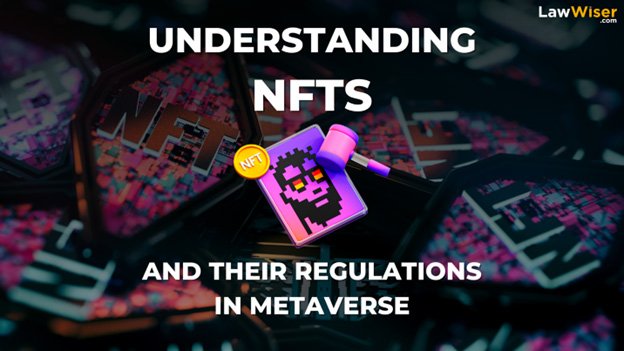A contract in simple terms is a promise enforceable by law. The contents of a promise may differ from asking to perform a particular act (like a promise to buy or sell) or it may ask to refrain from doing something or performing any act. The Indian Contract Act, 1872 is the main law governing contracts in India. The making of a contract requires the mutual consent of two or more persons, one of them ordinarily making an offer and another accepting. A party is entitled to seek legal action against the party failing to fulfil the promise. An agreement only when it gives rise to a legal obligation, becomes a contract. Agreements with vague or uncertain terms cannot be termed a contract. The Contract Act also provides certain restrictions on the types of contracts that cannot be entered.
The law of contracts evaluates
– whether a contract exists,
– what it means if it has been violated, and
– how much compensation the damaged party is entitled to.
When the worth of a promise does not appear to change over time, conceptions of property and harm are sufficient, and there will be no enforcement of an agreement if neither side has complied because no wrong has been done in property terms. In a market economy, on the other hand, a person may seek a promise today to protect against a future change in value; the person who obtains such a commitment feels injured if it is not kept. For an agreement to be legally enforceable it is suggested that it should be written and registered as per the law in force.



 January 9, 2024
January 9, 2024







 October 9, 2024
October 9, 2024 0 COMMENTS
0 COMMENTS



